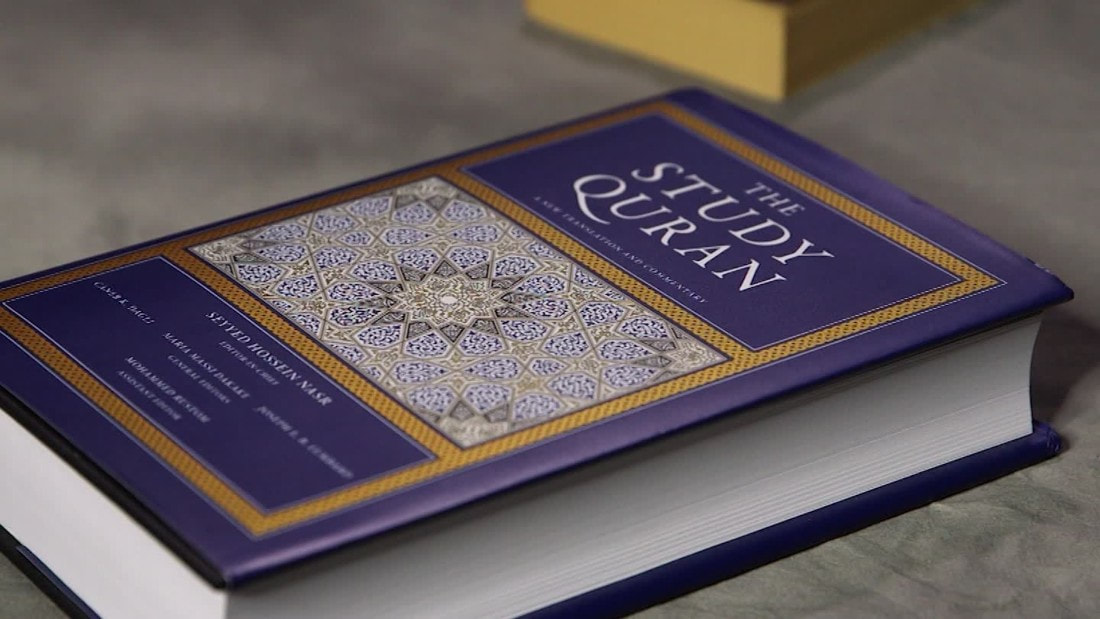Book Review: Seyyed Hossein Nasr (et al): The Study QuranThe Study Quran (SQ), a project of HarperCollins, can perhaps best be understood as an analog to its forerunner, the HarperCollins Study Bible. Originally published in 1993, the SB is an ecumenical project. Though various denominational actors and figures are cited, the SB bears no preference for one over another. Aside from its denominational accommodations, the SB is significant as an academic project – entry level courses in academic institutions teaching the Bible or Christianity routinely mandate the SB as required reading. As a result of its widespread use in academia, the SB has sold quite well, having exceeded 150,000 copies since initial publication. Therefore, although the SB may not hold much currency within devotional congregations, it retains a majority market share in academic environments.
|
Mobeen Vaid
|
|
© Center for Islamic Sciences. All Rights Reserved.
Designed and Developed by Crescent Marketing Solutions |


